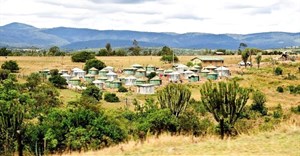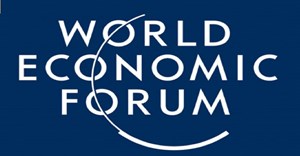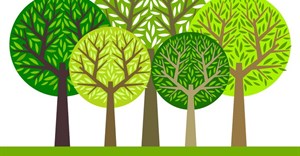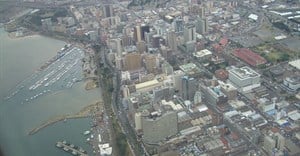Trending




 Sabre EMEA 2024 Awards: Razor PR, Retroviral top SA agenciesDanette Breitenbach
Sabre EMEA 2024 Awards: Razor PR, Retroviral top SA agenciesDanette Breitenbach
Elections 2024
Jobs
- Front Counter Assistant Johannesburg
- Temp Administrator George
- Store Manager Port Elizabeth
- Store Manager George
- Branch Administrator Cape Town
- Financial Manager Vereeniging
- Retail Executive Mbombela
- Retail Promoter Mbombela
- Retail Promotional Agent Mbombela
- Store Leader Durban
DWS/WESSA water project wins United Nations award
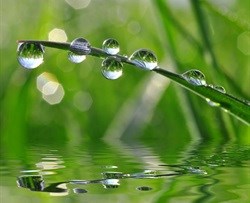
The joint DWS/WESSA Eco-Schools Water Project won the award in the category 'Best participatory, communication, awareness-raising and education practices' and shares the award with Project India.
The annual Water for Life Best Practices Award aims to acknowledge and promote efforts to meet international commitments made on water and related issues by 2015. The award recognises outstanding projects that are working to ensure sustainable long-term management of water resources and to help achieve the water and sanitation targets of the Millennium Development Goals, Agenda 21 and the Johannesburg Plan of Implementation.
The DWS/WESSA Eco-Schools Water Project - officially launched at the Youth Summit on Water and Climate Change in July 2014 - encourages water conservation and the wise use of water resources at school level from grades R to 12. The 50 participating schools are required to set up a water action project that includes the entire school and members of the local community.
Main objective
The project's main objective is to strengthen water and sanitation education in South Africa through implementation of the international Eco-School Programme's seven step framework for Education for Sustainable Development learning and change. These steps guide schools through a learning process which promotes water conservation and sanitation education, as well as engaging learners in enquiry-based learning methods which empower them to better understand their local water context and to take action to improve this.
The project has a strong inclusivity focus, emphasising public participation, participatory learning processes and action taking. Activities are focused on better water management and ensuring water security for the more disadvantaged communities that may not have access to potable water. This is especially problematic in areas where water is increasingly scarce due to climate change and poor catchment management practices.
The success of the project, now recognised by this significant international award, is an example of government and civil society organisations working together effectively in the education and environmental conservation fields.





